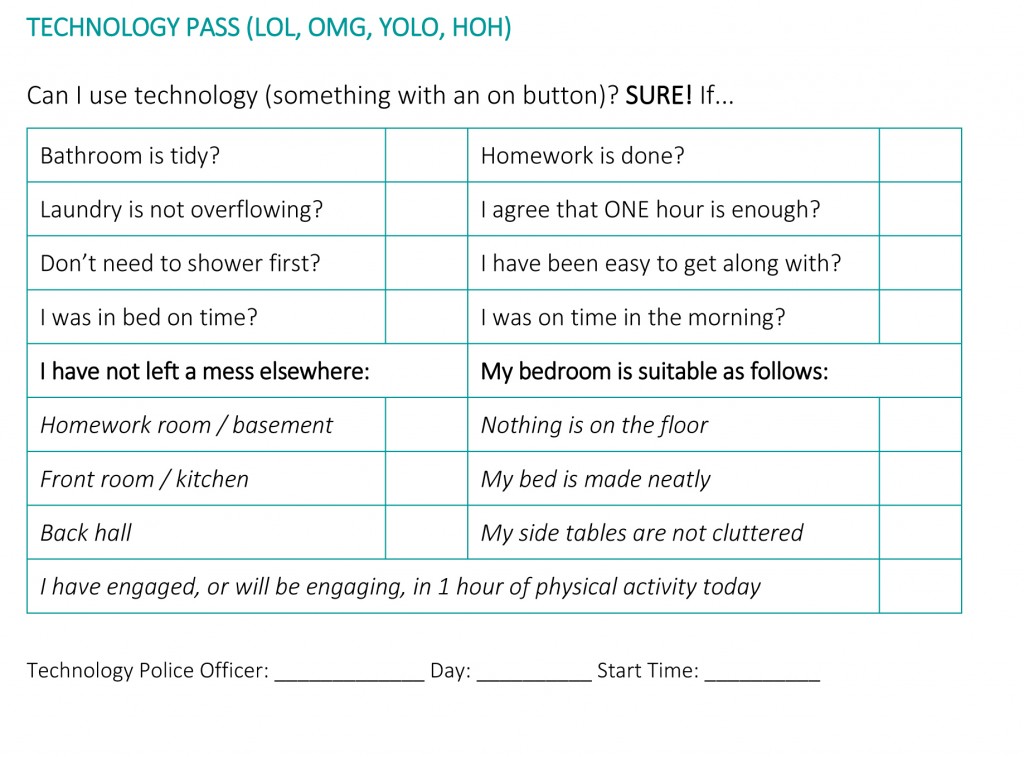Co-written with Brittany So, Occupational Therapist
I was at a school Open House when I saw a mother calm her whining and crying 18 month old child with an iPad. Astonishingly, he knew how to swipe it on, enter the password and manage the menus. He launched a game and sat on the floor completely immersed in his game and oblivious to the parents and kids needing to step over him. Was he just brilliant to manage an iPad like this from such a young age (is there a toddler iPad Olympics?), or perhaps he spends a bit too much time being pacified by technology? I think the latter.
The sad reality is that more and more parents are using tablets as a calming mechanism for their children because it seems to work so effectively in the moment. However, professionals are now concerned about the serious long-term effects of constantly handing over a device to a child in exchange for, as Mr. Costanza puts it, “serenity now”.
Child psychologists and occupational therapists are finding that screen time is stunting the emotional development of children. Children are not learning strategies to self-regulate behavior since they are constantly masking their emotional problems with distracting games. Along with this expensive self-regulating strategy comes delayed development in language and social skills, poor sleep patterns, and poorer performance in school. And, what about the temper tantrum that erupts when the tablet battery dies halfway to Grandma’s?
The Canadian Paediatric Association recommends no more than 2 hours of screen time for children a day. A recent survey showed that children in grade 6-12 spend on average 8 hours a day in front of a screen. Another study showed that one in three children are using tablets before they can even talk. Screen time is becoming a serious addiction for our children’s generation and is associated with poor health related outcomes.
Fortunately, as occupational therapists that help people to regulate healthy behaviors, we have some thoughts and strategies to help eliminate the use of screen time in your household:
• Set strict limits on the amount of time your children can use the tablet or computer each day (2 hours is the recommended maximum).
• Use the tablet or computer as a reward system; it can only be used once the chores and homework are done (Change your wifi or device passwords daily or weekly and the kids cannot receive it until they have done their chores).
• Ensure a timer is set for the duration of the allowed activity – and stick to it! When it “dings” the child knows to return the device.
• For every hour of screen time your children must engage in another activity (i.e. board game with the siblings, a craft, playing outside, going for a bike ride etc.)
• Own one family device that requires sharing rather than each child having their own.
• Make a rule that devices are only to be used in common areas, not in bedrooms.
As a mother of four, I have two household strategies in place: one is a cell-phone contract that my children must agree-to and sign prior to getting their own phone (in our house this is at age 14), the other is our “technology pass”. This “pass” requires our kids to confirm, via checklist and parental inspection, that their chores and responsibilities are done, before they are “rewarded” with screen time. Many of my friends have asked me for a copy of our pass, so I have included this below. Feel free to copy, print, or modify to suit the needs of your family as well!

Being an occupational therapist is a blessing and a curse when it comes to parenting. Our profession is all about productivity, function and self and behavior-regulation. I hope that my firm approach to “OT-parenting” will be an asset to my children in the future.






